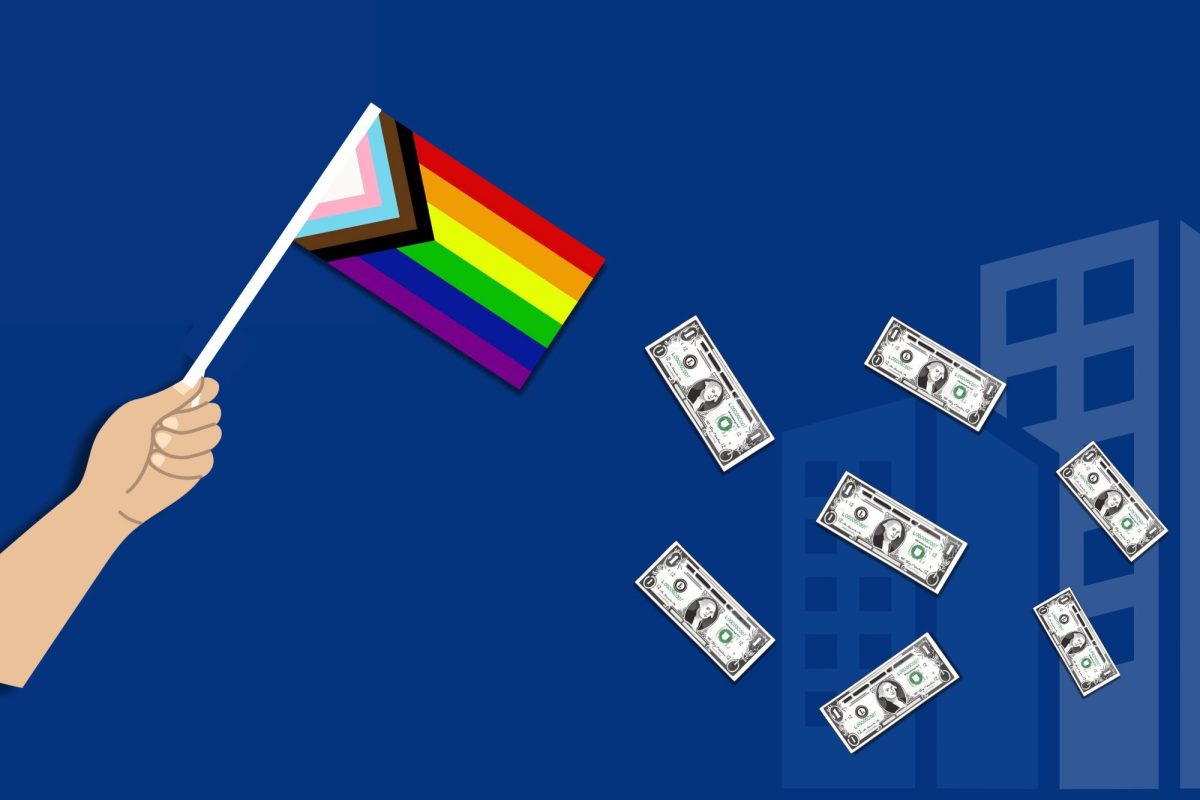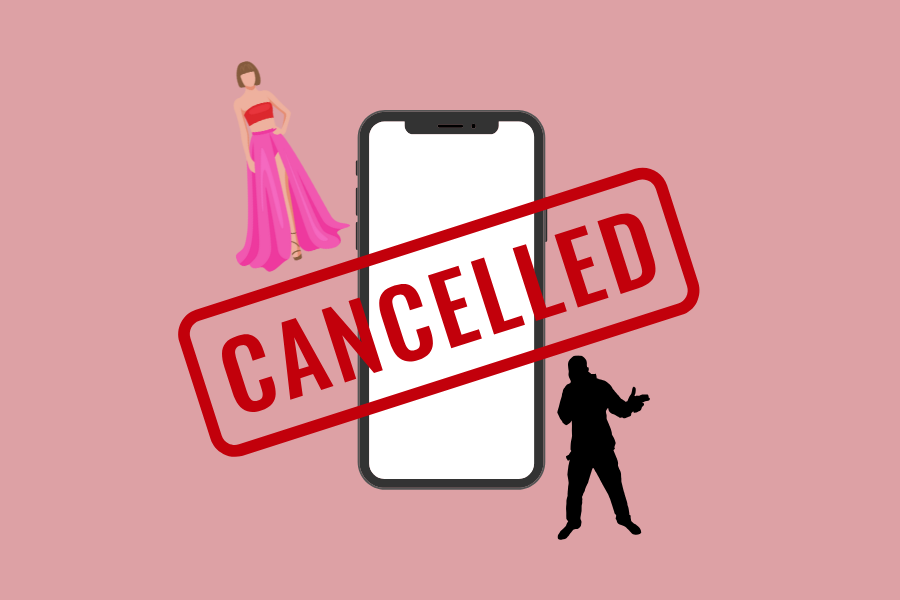TikTok, a short-form video platform with over a billion monthly active users, was recently the subject of H.R. 7521, a bill passed by the House of Representatives 352 to 65. This bill requires that TikTok’s parent company, ByteDance, sell TikTok to a suitable American company or else face a ban in American app stores.
On the surface, this bill is the result of many politicians’ concerns that the Chinese government may tamper with American TikTok user data via ByteDance, a Chinese company. China and the U.S. have recently been engaged in a tense Cold War, which also may explain a political stance on this subject.
Some lawmakers are concerned with the safety of TikTok as a social media platform. TikTok is often rife with misinformation, as well as content that may promote harmful messages to young, impressionable audiences. TikTok has notoriously allowed extremist, white supremacist, and other harmful ideologies to exist on the platform. Some lawmakers are afraid that ByteDance could hand over all user information to the Chinese government on a whim, causing those such as Wisconsin congressman Mike Gallagher say that it’s harmful to let China control a platform as influential as TikTok.
However, while this bill provides ByteDance with the option to sell TikTok to a different company, this outcome is unlikely. TikTok has an international reach, raking in an estimated $14.3 billion profit just last year. If TikTok were to be banned in America, ByteDance would still be largely profiting, meaning the company has no monetary incentive to sell TikTok.
Additionally, a TikTok ban would only affect Americans without the app. The ban would prevent people from downloading TikTok and would provide severe consequences to app stores allowing downloads. It would also prevent current users from updating their apps, although it wouldn’t prevent users from actually using TikTok itself, just like most other apps can exist without their latest updates.
Thus, the idea that TikTok’s harmful content is the sole reason the app is under fire is baseless. Many ban advocates also turn to their concerns about Chinese control of TikTok. However, these concerns are almost entirely unfounded. Three of the five members on TikTok’s executive board are American, and TikTok has invested large sums of money into domestically storing Americans’ user data on servers operated by Oracle, an American company. There is also little to no evidence that TikTok has sold any of its users’ data.
Thus, U.S. lawmakers’ outrage over TikTok and its apparent harm to American users seems to entirely stem from a fear of the Chinese, considering no lawmakers advocate for the banning of almost equally harmful American apps. Though there is an ongoing Cold War, this does not affect the operation of ByteDance, which is a privately held company.
Sinophobia, or anti-Chinese sentiment, has not been uncommon regarding TikTok. Earlier this year, Senator Tom Cotton came under fire after repeatedly questioning TikTok CEO Shou Zi Chew, a Singaporean citizen, about a perceived affiliation with the Chinese government.
Cotton’s implication with his repeated questioning was that there was something wrong with simply being Chinese. He started his questioning off by simply asking what nation Chew is a citizen of, but when Chew insisted he is Singaporean, Cotton kept pushing by asking if Chew had ties to the Chinese Communist Party.
Even if Chew was Chinese, that would not mean he reflected the beliefs of the Chinese government. Just as no single American reflects the ideologies of the American government, no citizen of any other country is fully integrated with their country’s government.
This potential TikTok ban follows a pattern common to sinophobia. A pattern of accusing anything or anyone Chinese to be negatively associated with the Chinese government. Although it’s unclear what exactly will happen with the bill, as it has yet to pass in the Senate, the continued existence of the bill will no doubt continue to allow this sinophobia to spread.










London • May 21, 2024 at 11:46 am
I liked this article, because it’s an interesting take. I’ve never thought about it like that, and this article broaden my perspective.
Nikhil • May 21, 2024 at 11:42 am
I really liked this article! I think the way that this article presents information is done in a really eloquent way, and I think that you discuss some really important issues. I think sinophobia regarding things like TikTok is a really major issue, and you discussing that on a school paper is really important. I also think you giving examples of the TikTok CEO being questioned about his ethnicity during the senate hearing was a really good addition, because it’s a really good example of sinophobia regarding the TikTok ban.